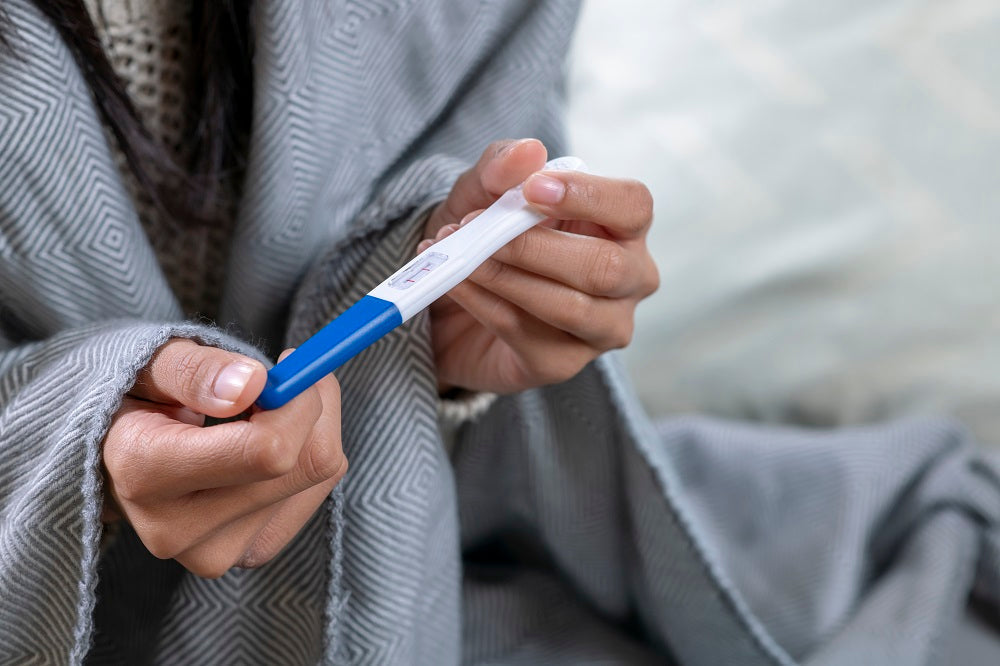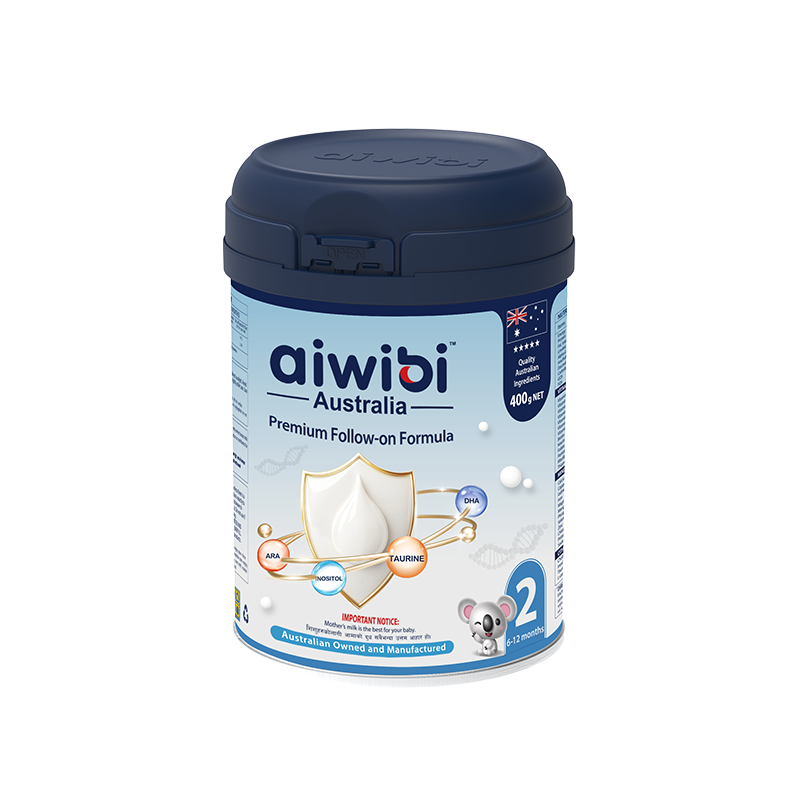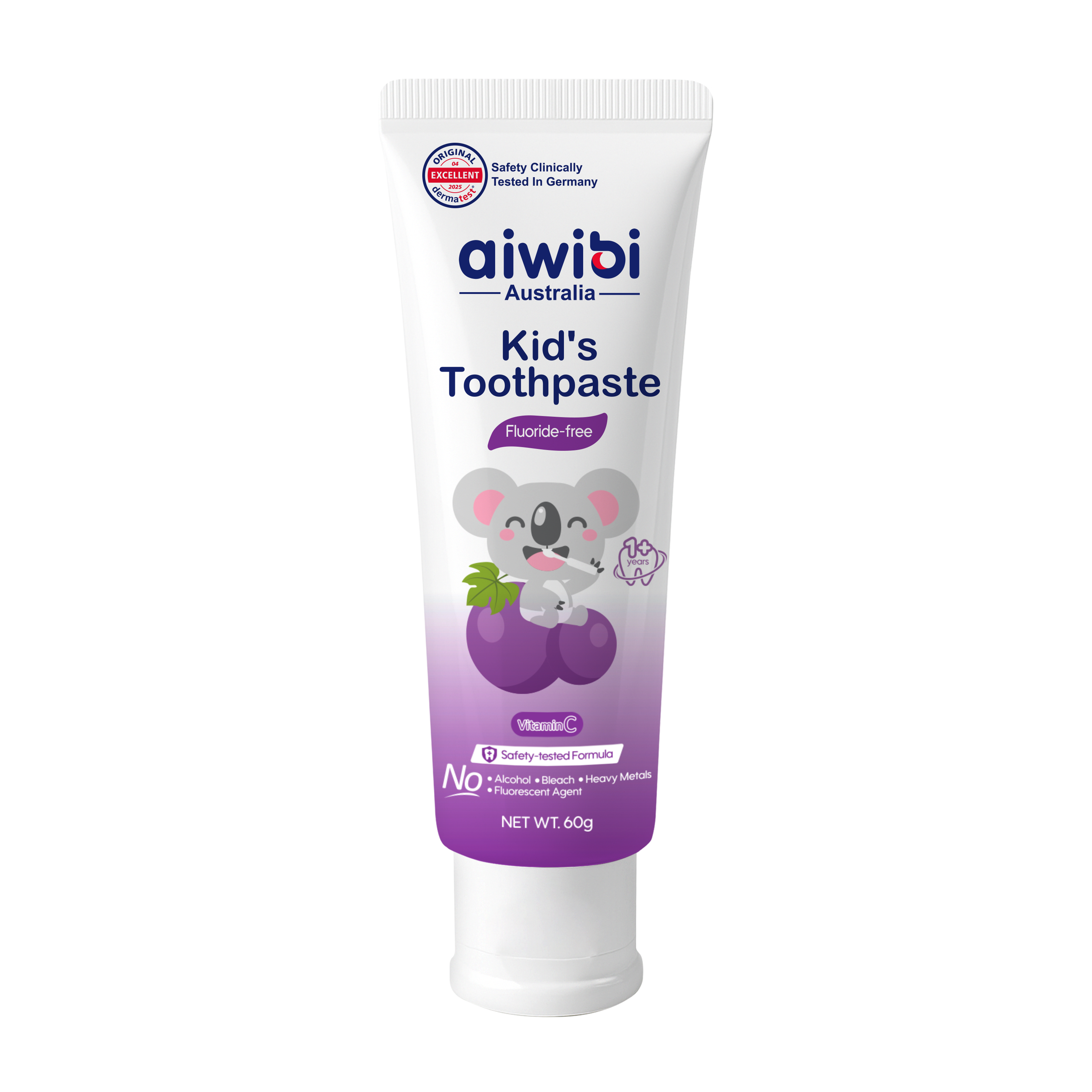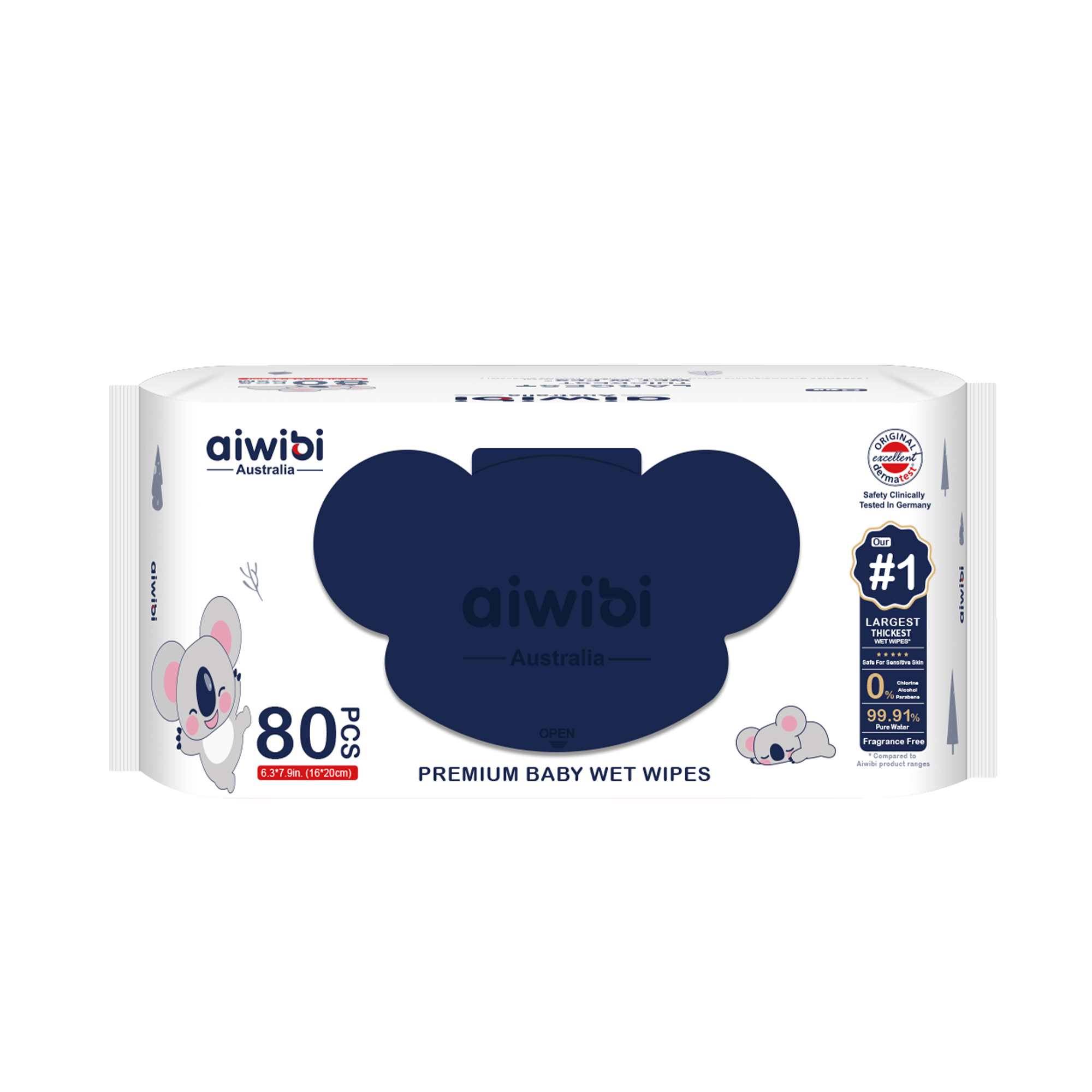When it comes to early pregnancy, the first 72 hours after conception often feel like a “waiting game”—most people won’t notice obvious signs right away, but subtle bodily shifts can start as soon as the fertilized egg begins to settle. While there are no “100% sure” symptoms in the first week (or even the first 3 days), understanding what might happen can help you tune into your body’s changes.
1. What Actually Happens in the First 72 Hours After Conception?
Before diving into symptoms, it’s key to know the science behind the timeline—this explains why early signs are so faint (or nonexistent) for many.
Stage 1: Fertilization — The Beginning of Life (0-24 hours)
What's Happening: Within 24 hours after ovulation, one of your eggs meets a lucky sperm in the fallopian tube. The moment they join together, fertilization occurs. This new combined cell is called a zygote, and it's the very first primitive cell of your future baby.
Are There Early Pregnancy Symptoms? You won't feel anything at all. This is a microscopic event that doesn't cause any pain or physical changes.

Stage 2: Cell Division & The Journey Begins (24-48 hours)
What's Happening: The fertilized egg doesn't stay put. It immediately begins rapidly dividing.
First, it goes from 1 cell into 2.Then from 2 cells into 4, and so on.This cluster of dividing cells is now called a morula. At the same time, aided by the gentle waves of the fallopian tube and its own slight movement, it starts its slow migration from the fallopian tube towards the uterine cavity.
Are There Early Pregnancy Symptoms? You still won't feel anything. The cell cluster is still far too small for its movement or division to cause cramps or other symptoms. You might feel some slight pelvic sensations from ovulation itself, but this is not related to the pregnancy process.
Stage 3: Continued Division & Migration (48-72 hours)
What's Happening: By day three, this cell cluster has divided into a solid ball of about 12-16 cells, now called an early blastocyst. It's still within the fallopian tube, continuing its journey to the uterus.
Are There Early Pregnancy Symptoms? Again, you won't feel any symptoms. At this stage, it hasn't established a direct "communication" (hormonal connection) with your body yet. So, you won't feel fatigue, nausea, or breast tenderness.
2. Subtle Symptoms in the First 72 Hours: Discharge, Cramps, and More
The first 72 hours rarely bring “classic” pregnancy signs (like morning sickness)—instead, symptoms are often confused with premenstrual syndrome (PMS). Here are the most common, mild shifts to watch for:
- Mild Cramps (Implantation Cramps)
A small amount of clear or milky-white discharge (“egg white” type) is common, caused by rising estrogen levels. It helps keep the vaginal area moist and protected.
- Changes in Discharge
You may notice a small amount of clear or milky-white discharge (sometimes called “egg white” discharge). This is caused by increased estrogen levels and helps keep the vaginal area moist—normal for early pregnancy.
- When to be cautious: Yellow, green, foul-smelling, or itchy discharge isn’t a pregnancy sign—it could signal infection.
- Fleeting Fatigue
A sudden wave of tiredness can happen early on, linked to a slight rise in progesterone—a hormone that relaxes the body and prepares it for pregnancy.

3. How soon can I start feeling pregnancy symptoms?
Generally speaking, the earliest you might possibly start to feel something is about 1 to 2 weeks after conception, which is after the fertilized egg successfully "settles in" your uterus (a process called implantation). It's from this point that your body starts secreting pregnancy hormones in significant amounts, and some subtle signals may slowly begin to appear.
These early whispers from your body might include:
- Unexplained fatigue: Suddenly feeling extremely tired, as if you can't get enough sleep.
- Subtle changes in your breasts: They might feel tender, sore, tingly, or unusually soft.
- Mild nausea: While typical "morning sickness" often comes a bit later, some people start to feel sensitive to smells or a bit queasy quite early on.
- Running to the bathroom more often: Feeling the need to urinate frequently, even without drinking more water.
- Small emotional waves: You might feel more emotional than usual due to the hormonal changes.

However, it's so important to remember that everyone's body is unique! Some sensitive moms-to-be might pick up on these signals relatively early, while a significant number of people have almost no noticeable symptoms at all in early pregnancy, only realizing something is different when their period is late. This is completely normal!
Related articles:
Beyond a Missed Period: Subtle Signs of Early Pregnancy>>>
4. Answering Common Questions
Many people wonder if they can “know” they’re pregnant in 1 day, 3 days, or 1 week—but science tells us most early “signs” are not definitive. Here’s the truth:
- "What are 100% signs of pregnancy in the first week?"
Truthfully, there are no 100% reliable signs in the first week that you can feel without a test. The most reliable confirmation comes from a pregnancy test and a doctor's visit.
- "What is the quickest pregnancy symptom?"
For most women, the very first noticeable symptom is often implantation bleeding/cramping or breast tenderness.
- "How to know if pregnant within 3 days?"
Unfortunately, it's not possible to know for sure within 3 days. The most accurate course of action is to wait patiently.
5. Next Steps: What to Do If You Suspect You’re Pregnant
If you’ve noticed mild symptoms (like cramps or discharge) and think you might be pregnant:
- Wait to test: Testing too early (before 7–10 days post-conception) leads to false negatives. For the most accurate result, test 1 week after your missed period (or 2 weeks post-conception).
- Track your symptoms: Jot down when you feel cramps, discharge, or fatigue—this can help your doctor if you need to follow up.
- See a doctor: If your test is positive, schedule a prenatal visit to confirm the pregnancy and start early care. If symptoms (like heavy bleeding or severe cramps) worry you, don’t wait—seek medical help right away.
Whether you’re waiting for a test result or just curious about early pregnancy, remember: every body reacts differently. The first 72 hours and 1 week may bring subtle shifts, but patience and a reliable test are the best tools to confirm what’s happening.
You might also be interested in:











